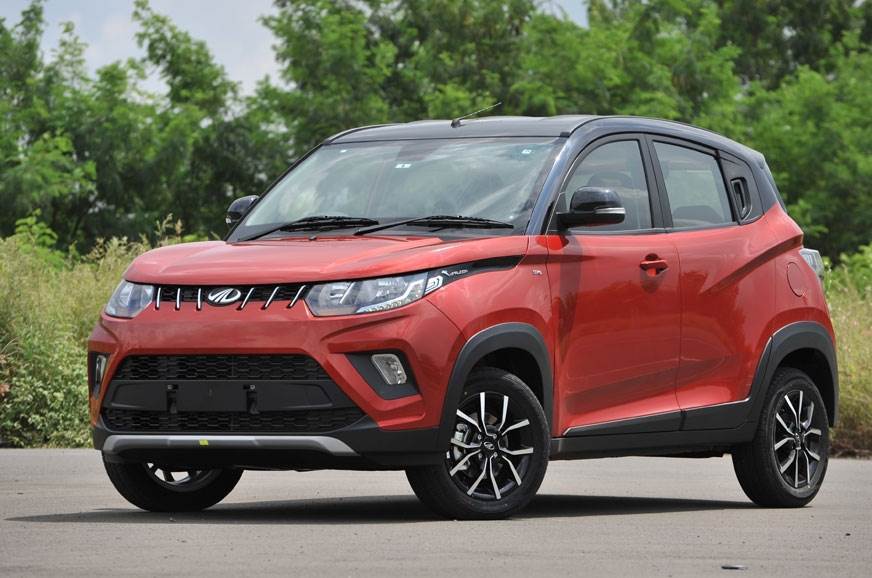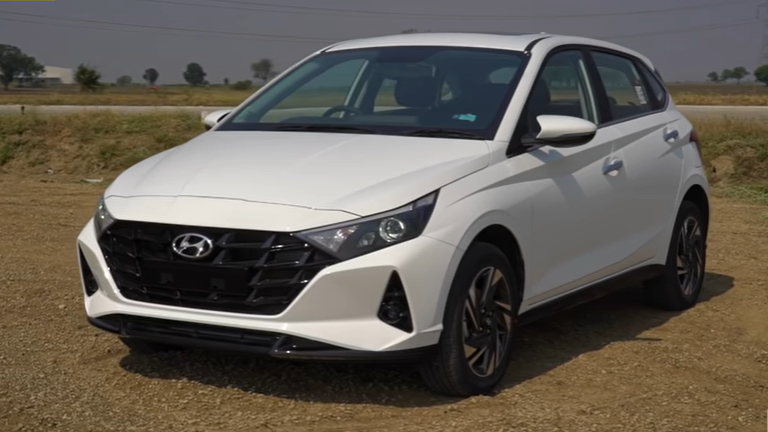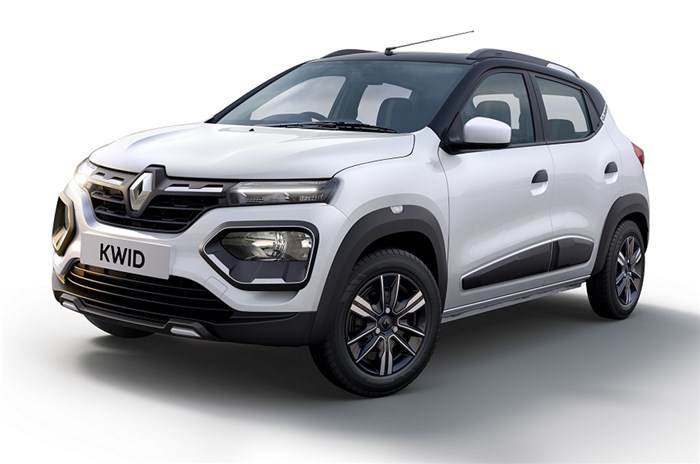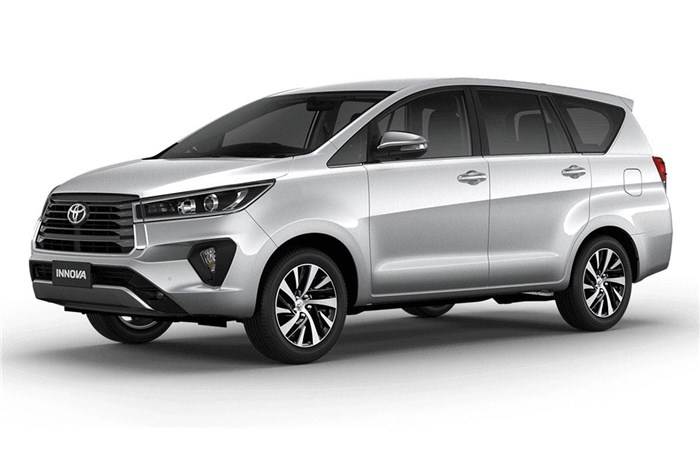A few carmakers have their portfolios reduced to just two or three models.
The Real Driving Emission norms or Phase II of the BS6 emission norms was brought into effect for the Indian auto industry from April 1, 2023. This, as we have reported before, saw several carmakers discontinue some of their models altogether, or in some cases, specific variants of some models.
For RDE compliance, all cars and SUVs are required to be tested for emissions in real-world conditions. It’s primarily the small capacity diesel engines that require major hardware updates to comply with the stricter emission norms, which is expensive, and may not be always be financially viable. In other cases, carmakers discontinued those models which were at the end of their lifecycle, as it did not make sense to invest in upgrading these models anymore.
So, here we have a comprehensive rundown of all cars and SUVs that are no longer available to purchase from this April.
Honda
The carmaker that saw the most number of models disappear from its line-up due to the RDE norms is Honda. These norms have killed three Honda models altogether – the Jazz, the WR-V and the fourth-generation Honda City. These, however, were slow selling models and also at the end of their respective lifecycles. More importantly, the RDE norms have also killed Honda diesel engines, which means the fifth-gen City and Amaze have lost the 1.5-litre diesel mills. Honda is currently survived by just two models in India – the fifth-gen City in petrol and hybrid guise, and the Amaze in petrol-only version.
Skoda
Skoda has had to discontinue the Octavia and Superb sedans in India due to these norms. Both models were offered with a 190hp, 2.0-litre petrol engine. However, very poor sales – just about a 100 units a month, each – and a dwindling sedan segment means there was not much case for Skoda to upgrade these models. This also spells the complete end of the executive sedan segment in India – its rivals had been discontinued long before. The 2.0-litre TSI engine will, however, continue to be offered in the Kodiaq which has much lesser localisation. Apart from the Kodiaq, Skoda only has the Slavia and the Kushaq on sale in India.
Mahindra
Mahindra has had to take the KUV100 NXT off the shelves. Offered with a sole petrol engine, the KUV100 was Mahindra’s most affordable model in India so far, and uniquely, came with a six-seater layout with first-row bench seats in some variants. However, without any significant upgrades over the years, it was quite long in the tooth, and hence, was slow selling too. Mahindra’s SUV range now starts from the XUV300 and tops out with the XUV700. Late last year, the Alturas G4 was also discontinued for similar reasons.
Hyundai
While Hyundai hasn’t discontinued any model altogether, it has made major changes to the powertrain line-up of several models. The i20 has lost its diesel engine and continues as a petrol-only hatchback. Similarly, the newly-launched Verna, too, is a petrol-only sedan, as the share of diesel in hatchbacks and sedans has greatly shrunk in recent years. Going forward, Hyundai will offer diesels only on its SUVs – Venue and upwards. Elsewhere, the carmaker has swapped the 159hp, 2.0-litre naturally aspirated petrol engine on the Alcazar with a new 160hp, 1.5-litre turbo-petrol engine. This engine will also soon replace the 140hp, 1.4-litre turbo-petrol engine on the Creta.
Maruti Suzuki
Maruti Suzuki has pulled the plug on the venerable Alto 800 – the most affordable model in the carmaker’s line-up. The outgoing generation of the Alto 800 was on sale in the market for over a decade, and was also Maruti’s most dated product in its line-up. Moreover, with the newer and significantly better Alto K10 coming in, there was a price overlap between both models. Maruti has now consolidated the Alto line-up to just the K10 model, rather than keeping a low-demand 800cc engine alive that isn’t used by any of irs other models.
Renault
It’s a similar story at Renault as well, as the French carmaker has discontinued the 800cc petrol engine from the Kwid line-up. This entry-level segment is quite sensitive to changes in price, and with incremental increase in price with each emission and safety regulation, the affordability factor goes down, which is why the 800cc variants of the Kwid were not particularly in great demand. The Kwid is, therefore, now only available with the 1.0-litre petrol engine. The Triber and the Kiger have also been made RDE-compliant.
Nissan
Nissan has finally discontinued the Kicks midsize SUV in India. The company had already stopped production of the Kicks a while ago, and dealers too had stopped accepting bookings. Moreover, in its latter days, Nissan barely sold any units of Kicks in the face of much newer and more competent rivals. Currently, Nissan has just one model on sale in India – the Magnite compact SUV – until it brings some its global models as CBUs, as it announced earlier.
Toyota
Earlier in 2022, Toyota temporarily discontinued the Innova Crysta from our market, and while it has now made a comeback in diesel-only guise, the petrol versions of the popular MPV have been given a miss in its latest guise. With the new Innova Hycross targeted at private buyers, the Innova Crsyta is primarily meant for the fleet and taxi segments. And while diesel naturally fits the targeted buyer of the Crysta, petrol variants wouldn’t have made much sense here. Moreover, diesel was always the more popular fuel choice among Innova buyers, which is why Toyota choose not to upgrade 2.7-litre petrol engine on the Crysta for RDE-compliance.
Also See:
Real Driving Emissions norms explained: Key questions answered




















.jpg&c=0)





.jpg&c=0)

.jpg&c=0)


